“A man, two donkeys, and precious cargo.” This is how many would describe Luis Soriano and his traveling donkey library.
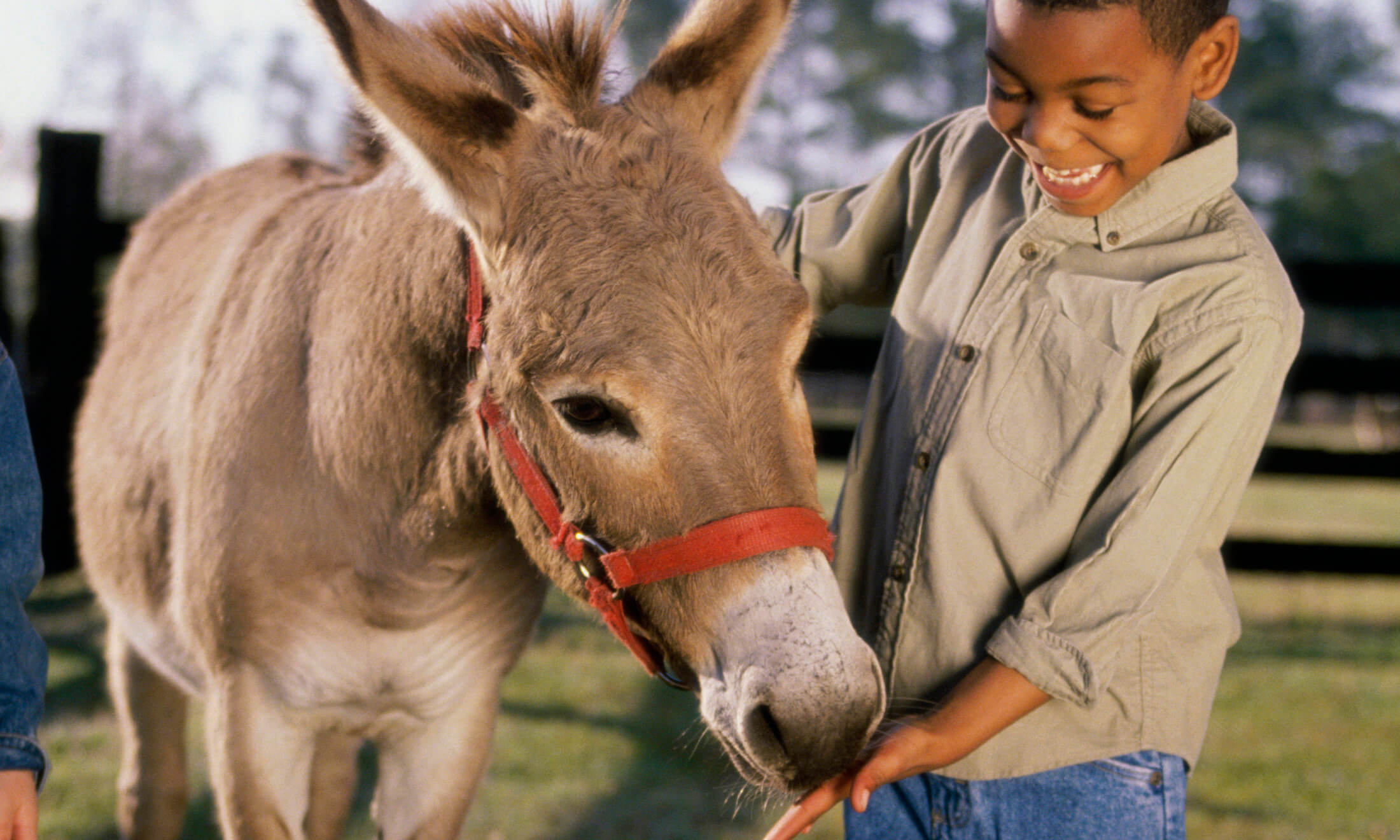

“A man, two donkeys, and precious cargo.” This is how many would describe Luis Soriano and his traveling donkey library.
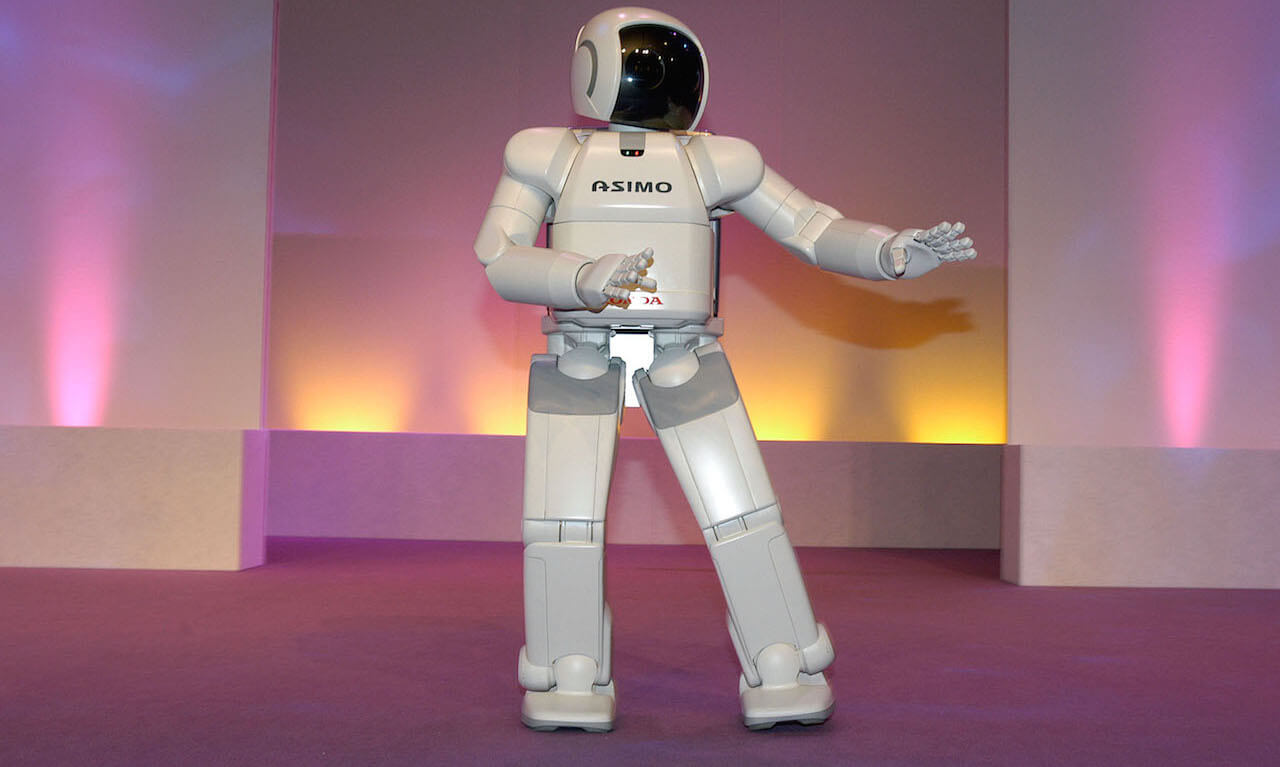
After observing a mechanical “couple” that was created as an art installation, one viewer writes about how technology might affect the mystery and destiny of love. Watch the video embedded in the article to view how the two robots interact.

Journalist and author Alex Wagner talks about her memoir, Futureface, which examines multiple identities and inconsistencies in family stories in order to find out where she belongs.

Read about a woman who explores the world with Google Streetview, using the project as an artistic outlet and to raise awareness for agoraphobia.

Authors David Sturt and Tood Nurstrum discuss the contagious nature of positive behaviors and emotions, inlcuding how being appeciated by someone makes us want to show our appreciation for others.

Medical professionals analyze what factors might account for the results of a study that showed female physicians had fewer patients who died or were readmitted to the hospital.

Psychologists from the University of Oregon argue that teenagers don’t take risks irrationaly, but as part of a process of learning and exploration.

Click this link to learn about a recent study that suggests connecting with others can make people happier.

Because the children of immigrants often develop a command of English before their parents do, kids frequently serve as interpreters. That necessity can sometimes put young people in difficult situations.

Ready to do some good? Of course you are! Read about We Day, which hopes to harness the good intentions of young people.
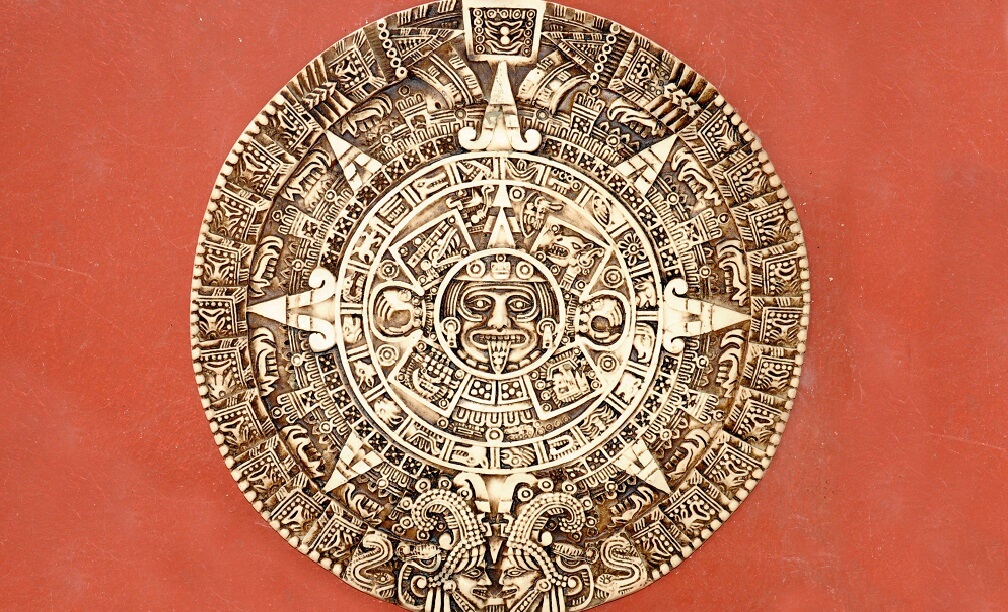
Learn about an Aztec legend by getting an up-close look at a terrifying statue.
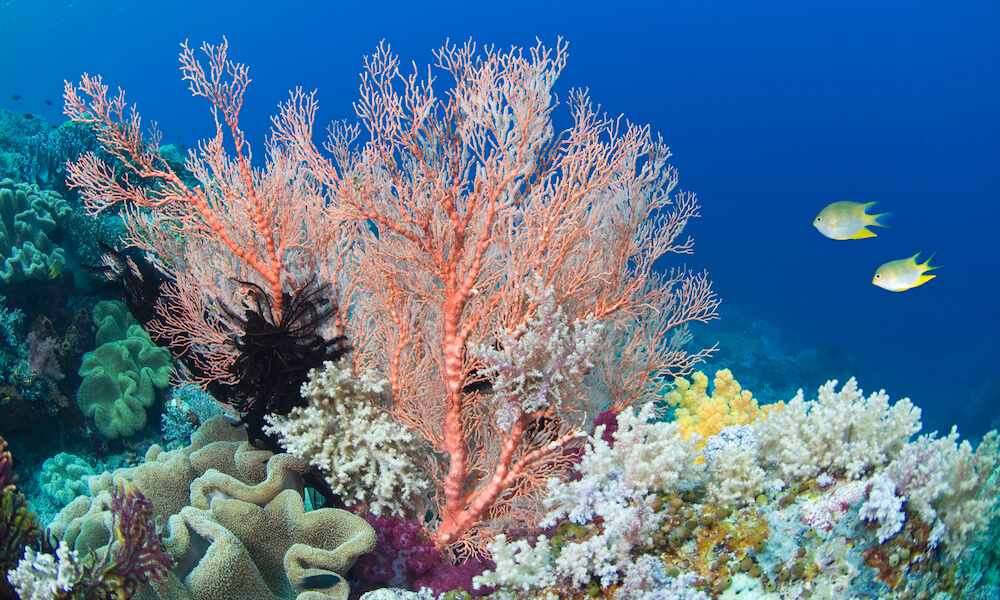
Ken Nedimyer farms coral that is then replanted into reefs in an attempt to save dying aquatic ecosystems.
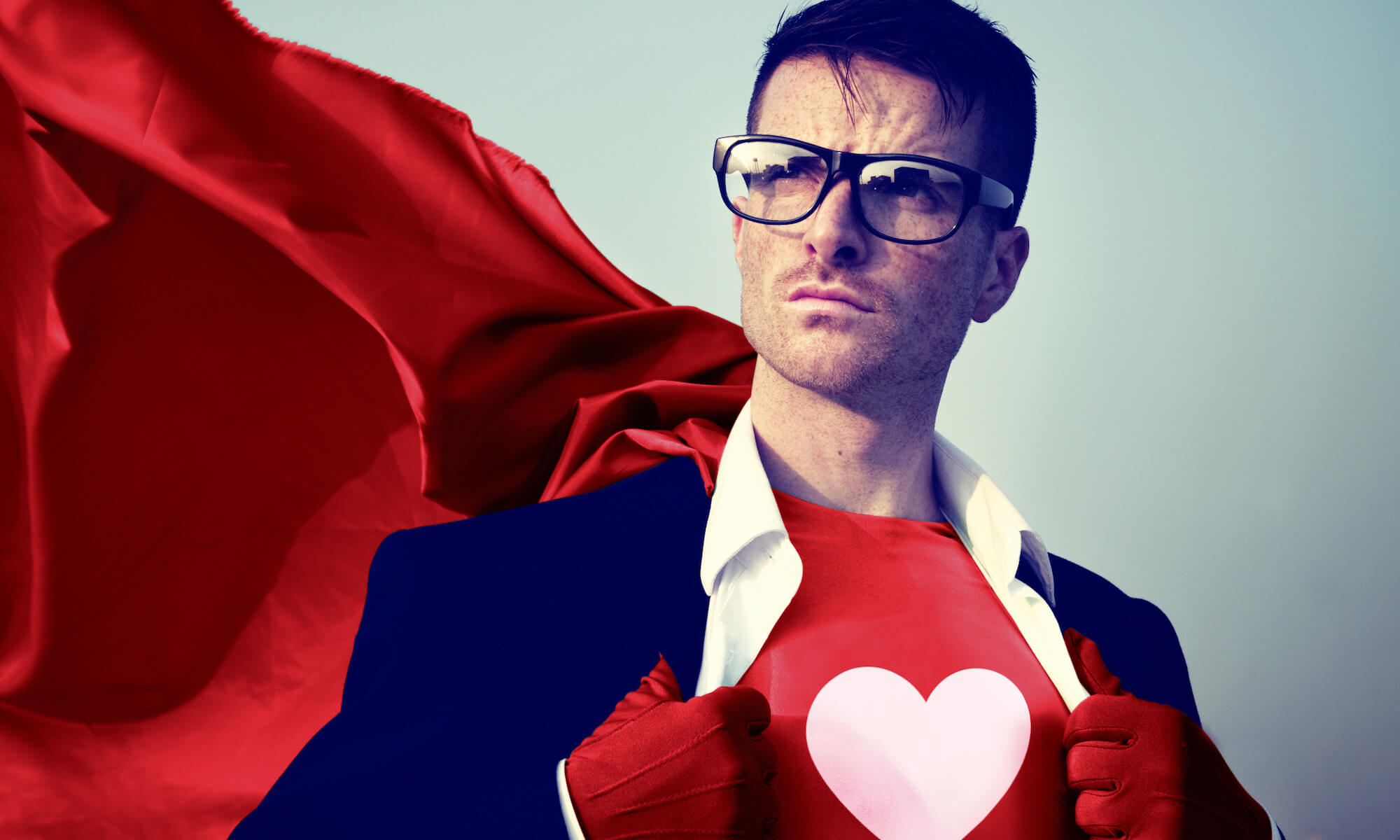
Heroes can’t be described using an exact science, but many heroes share personality traits outlined in the article.

Food waste is a global problem that plagues producers and consumers. Read about the causes and harmful effects.
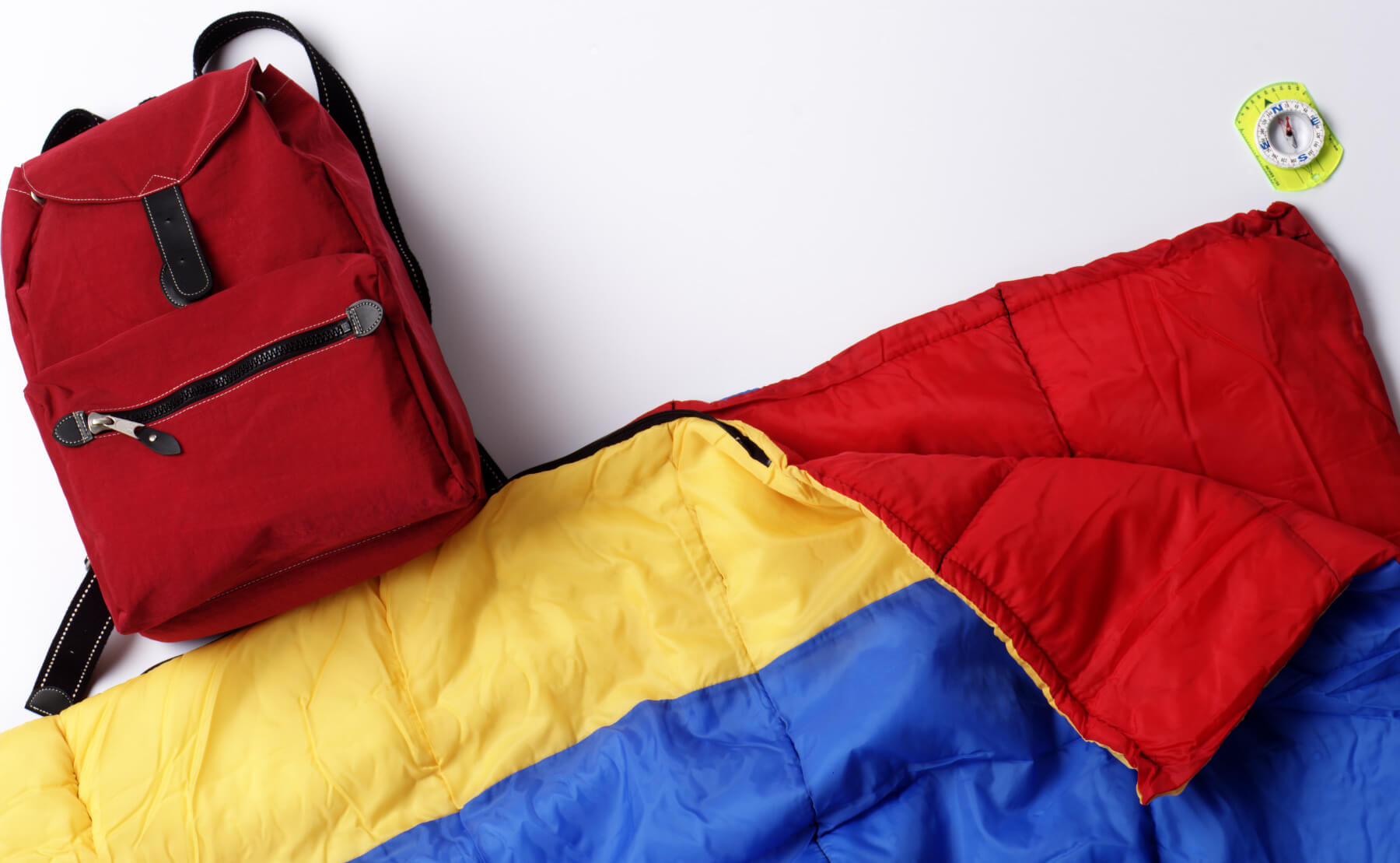
Tom Kiefer, a former Border Patrol janitor, collected items confiscated from people trying to cross the Mexico-United States border. Look through the photos in the article to see the personal belongings of those who embarked on this dangerous journey.
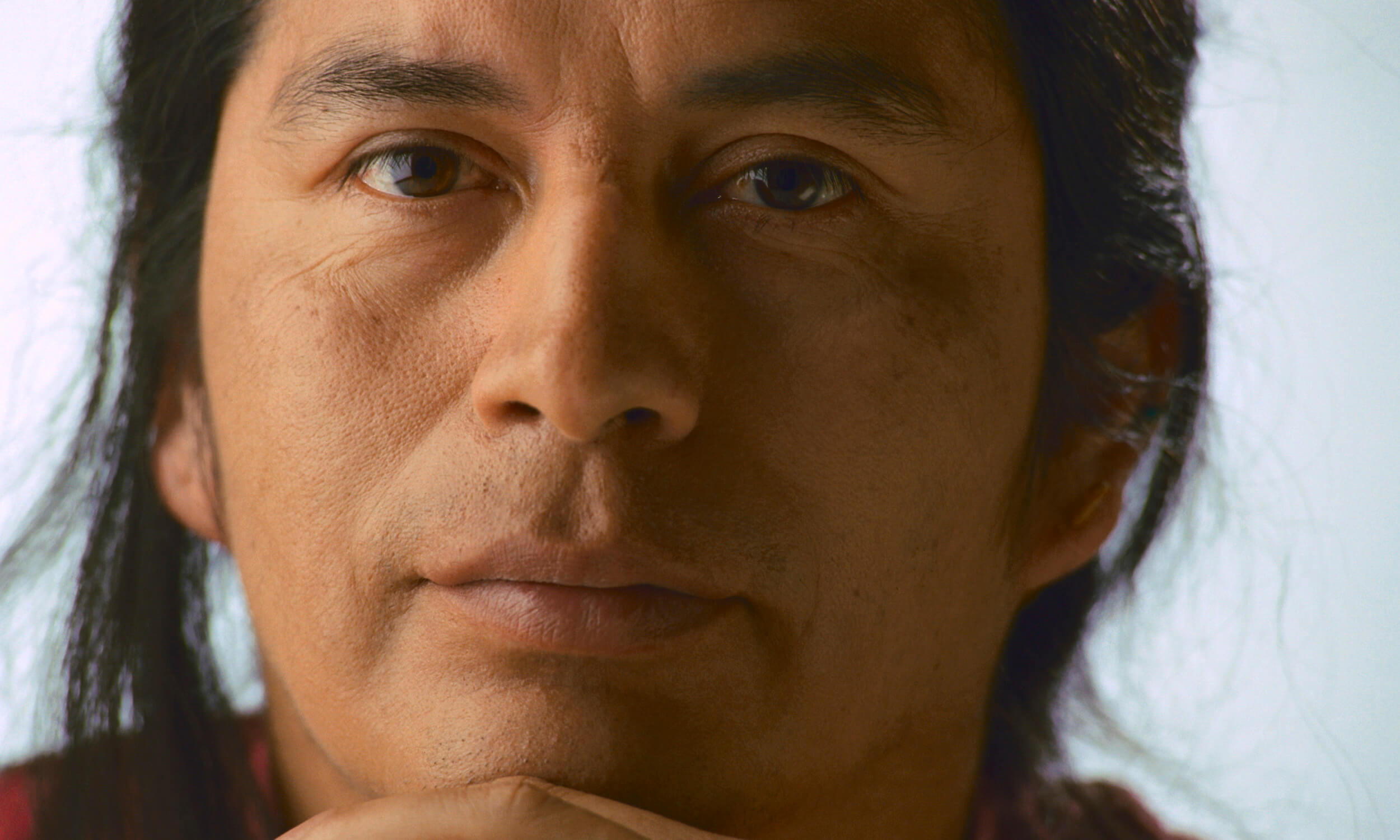
Only when we listen to a racial perspective different than ours can we deepen our understanding of others’ experiences. Watch as Native Americans share their views and struggles pertaining to their race.

The Emancipation Proclamation may have freed slaves, but many former slaves and their descendants still faced hatred and brutality in the form of lynching. Read how one museum aims to preserve the memory of these victims.
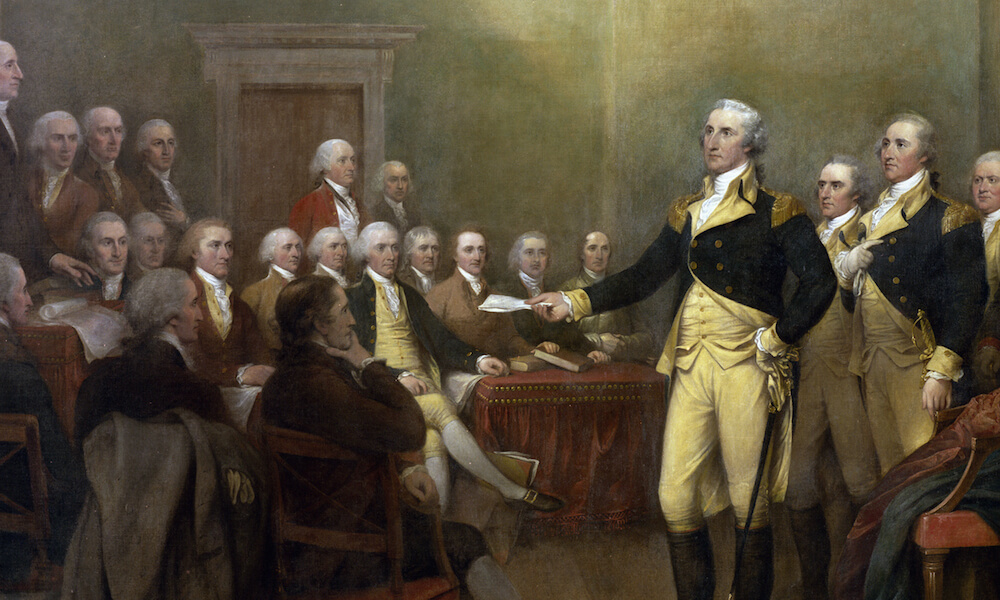
When American democracy was still in its infancy, it was put to the test when George Washington stepped down as president. Read about how this ultimately strengthened the nation.
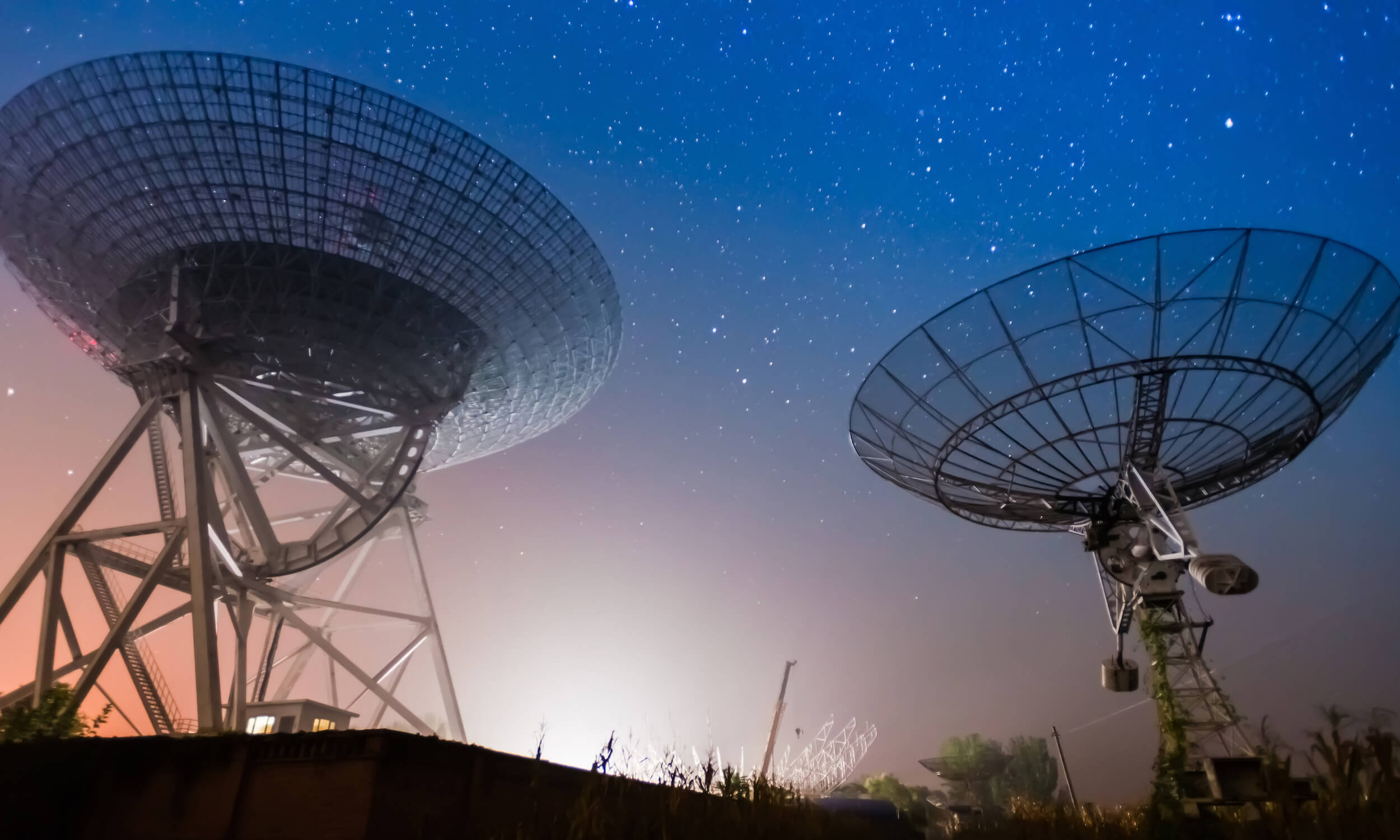
Are humans the only intelligent lifeforms in the universe or have aliens remained undiscovered due to limited data sets? This article presents both sides of a question that many find impossible to answer: Are we alone?

Psychologist Kathy Cramer offers advice on how to have a conversation with someone who has a differing viewpoint.